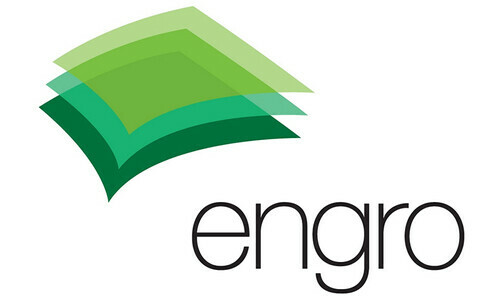
The ever-deteriorating air quality of Pakistan’s cities — most notably Lahore, which has on numerous occasions topped the chart of the most polluted in the world — is further evidence. According to the Climate Change Ministry, a major cause behind this is the transport sector, which causes about 40 per cent of the pollution.
Therefore, the prospect of switching to electric vehicles (EV) is an extremely important discussion in Pakistan. The 2019 debut of the National Electrical Vehicles Policy was envisioned as a transformative step in the nation’s transportation sector, targeting a 30pc market share for EVs by 2030.
The policy came with commitments to install EV charging facilities in major cities like Lahore and Islamabad initially and then spread this charging station network to different cities. Despite these initiatives, progress toward encouraging EV adoption has remained sluggish over the past four years.
The limited establishment of charging stations, currently totalling fewer than 30, concentrated primarily in affluent areas of major cities such as Lahore, Islamabad, and Karachi, has significantly impeded accessibility for a wider demographic.
While offering fuel cost savings, the upfront payment is often beyond the means of an average consumer
Furthermore, while the policy pledged to install DC chargers with a 15-30 km range on major motorways, only two have been installed on the Islamabad-Lahore Motorway (M2) to date. Consequently, the inadequate provision of charging stations not only impedes the widespread adoption of electric vehicles but also neglects the critical infrastructure needed to support the growing market of two and three-wheeled electric vehicles in Pakistan.
Jolta Electric, a Punjab-based electric bike manufacturer, has sold more than 10,000 electric bikes since the company’s launch in 2021, according to an article in the Gulf News. In stark contrast, the total sales of four-wheelers, which are predominantly luxury imports and not domestically assembled, amounted to less than 1,000 units.
This discrepancy emphasises overlooking the market share held by two- and three-wheelers. Such oversight has created a significant gap in the policy’s implementation, failing to address the transportation requirements of a substantial portion of the population.
Inadequate provision of charging stations impedes widespread adoption and neglects the critical infrastructure needed to support the growing market of electric two- and three-wheelers
In comparison, Rwanda has successfully executed innovative solutions, including battery swap facilities and specialised charging stations for bikes, accentuating the missed opportunity for Pakistan to adopt a more comprehensive and inclusive approach to sustainable mobility.
Regrettably, the extravagant prices of imported EVs, along with expensive batteries, have become another reason for the lack of promotion of EVs in the country. On average, a four-wheel electric vehicle costs more than Rs10 million in Pakistan, and similarly, two- and three-wheelers cost more than regular fuel vehicles.
While EVs provide long-term savings, incurring minimal cost of fuel, the upfront payment is often beyond the means of an average consumer. This financial burden is primarily due to the reliance on imported vehicles, as local manufacturing and assembly are still limited. Notably, the cost of the battery, a crucial component of an EV, constitutes a significant portion of the overall expense.
To address these issues, the government should prioritise a comprehensive policy framework and collaborative efforts with private entities, facilitating wider access to affordable electric vehicles in Pakistan. It needs to design a comprehensive policy framework to increase the use of EVs and infrastructure development.
It can propose a phase-wise transformation to EVs, starting with two- and three-wheel vehicles, which comprise a significant portion of the transport industry. In the later phase, it can proceed with four-wheel vehicles, buses, and heavy-load vehicles.
This step-wise approach will be a better option to assess the needs and challenges for transforming the transport industry as it will be easier to evaluate the behaviour of consumers, investors, and stakeholders. Furthermore, it avoids rapid disruption in the market while leading to better socio-economic development in terms of industry, employment, and a clean environment for future generations.
Above all, the government possesses the capacity to engage in cooperative ventures with private entities and corporations through long-term investment and partnership initiatives, thereby catalysing the commencement of extensive EV projects.
Emphasis should be placed on prioritising local manufacturing processes as an alternative to imported goods. This policy shift holds the promise of not only economic feasibility for consumers but also benefits the development of the domestic industrial sector.
In collaboration with private entities, the government can allocate resources towards the upgradation of battery technology and the institution of battery exchange platforms. Such collaborative efforts can potentially encourage the widespread adoption and utilisation of electric vehicles.
The writers are students at the Lahore University of Management Sciences
Published in Dawn, The Business and Finance Weekly, December 11th, 2023













































Dear visitor, the comments section is undergoing an overhaul and will return soon.